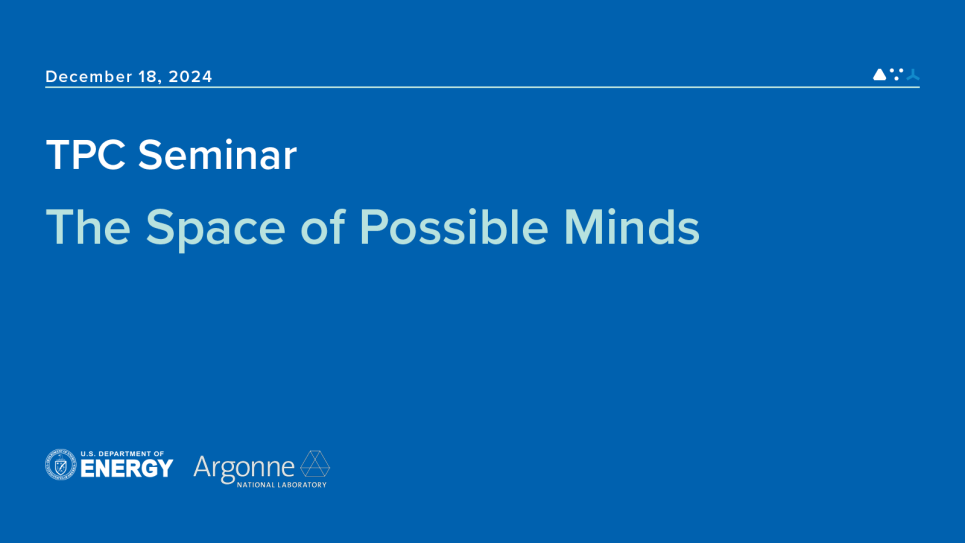
The Space of Possible Minds
Philip Ball is a freelance writer and broadcaster and worked previously for over 20 years as an editor for Nature. He writes regularly in the scientific and popular media and has authored many books on the interactions of the sciences, the arts, and the wider culture, including H2O: A Biography of Water, Bright Earth: The Invention of Colour, The Music Instinct, and Curiosity: How Science Became Interested in Everything. His book Critical Mass won the 2005 Aventis Prize for Science Books. Philip is a presenter of Science Stories, the BBC Radio 4 series on the history of science, and is the 2022 recipient of the Royal Society’s Wilkins-Bernal-Medawar Medal for contributions to the history, philosophy or social functions of science. His latest book is How Life Works: A User’s Guide to the New Biology (2023).
Abstract: In recent decades, the mind – both human and otherwise – has been explored by scientists in fields ranging from zoology to astrobiology, computer science to neuroscience. Taking a uniquely broad view of minds and where they might be found – including in plants, bacteria and machines – I suggest a unified way of thinking about what minds are and what they can do. I argue that in order to understand our own minds and imagine those of others, we need to move on from considering the human mind as a standard against which all others should be measured.
By mapping out properties of mind without prioritizing the human, I seek to shed new light on a host of long-standing and urgent questions. What moral rights should we afford animals, and can we understand their thoughts? How worried should we be about sentient AI? If there are intelligent aliens out there, how could we communicate with them? Should we? Understanding the space of possible minds also reveals ways of making advances in understanding some of the most challenging questions in contemporary science: What is thought? What is agency? What is consciousness? And what (if anything) is free will?
For more information about upcoming speakers please visit the TPC Seminar Series Webpage: